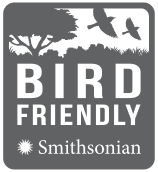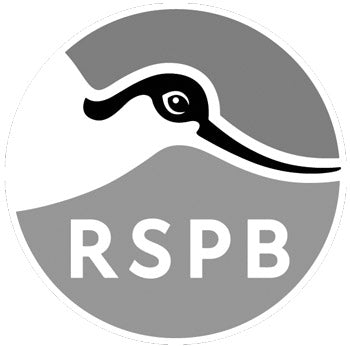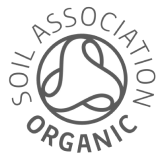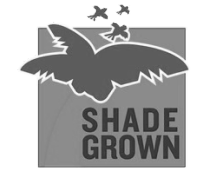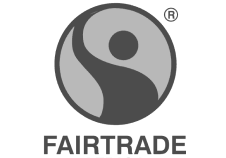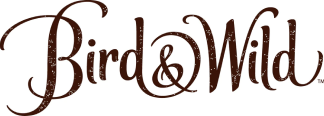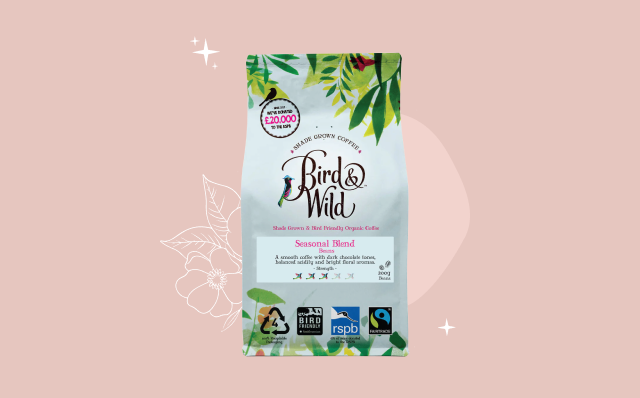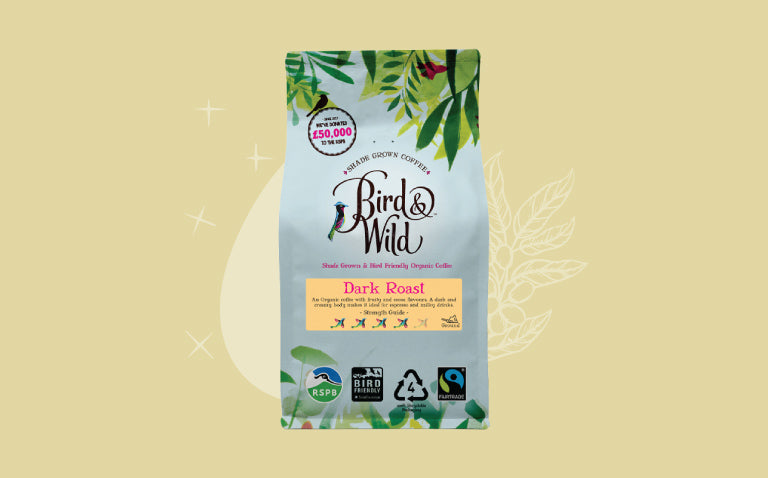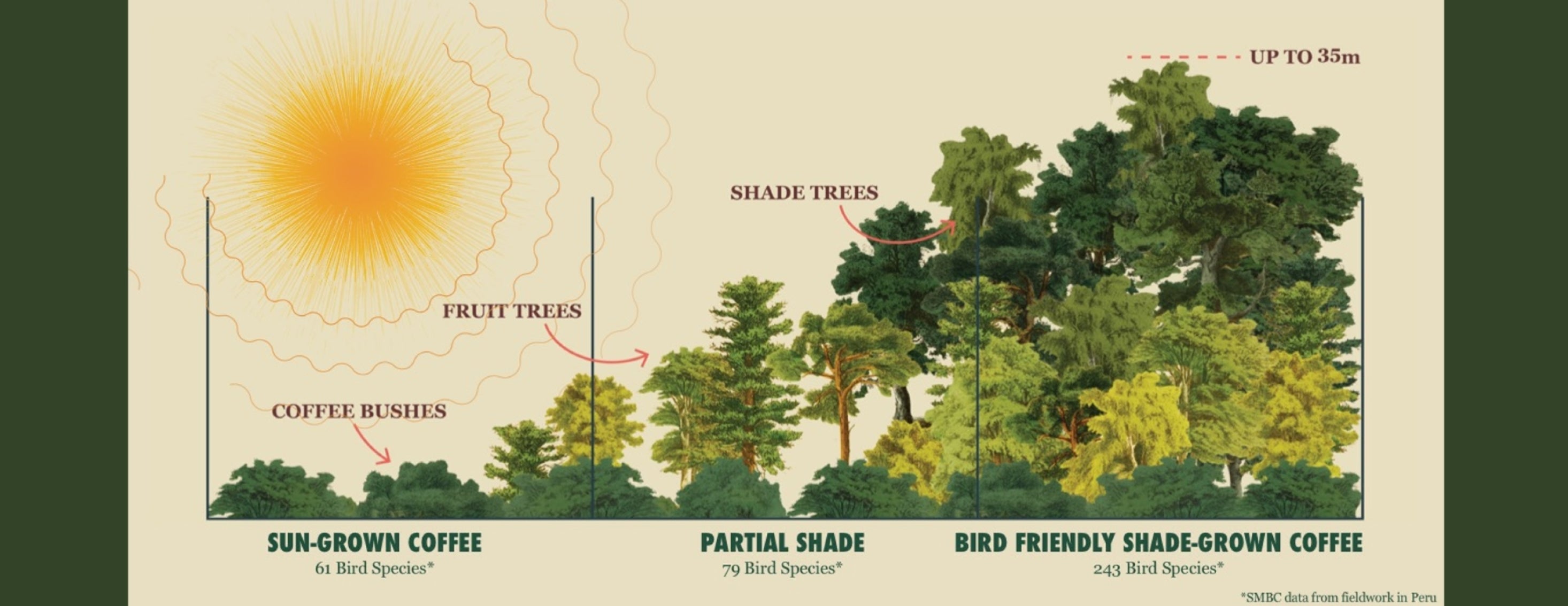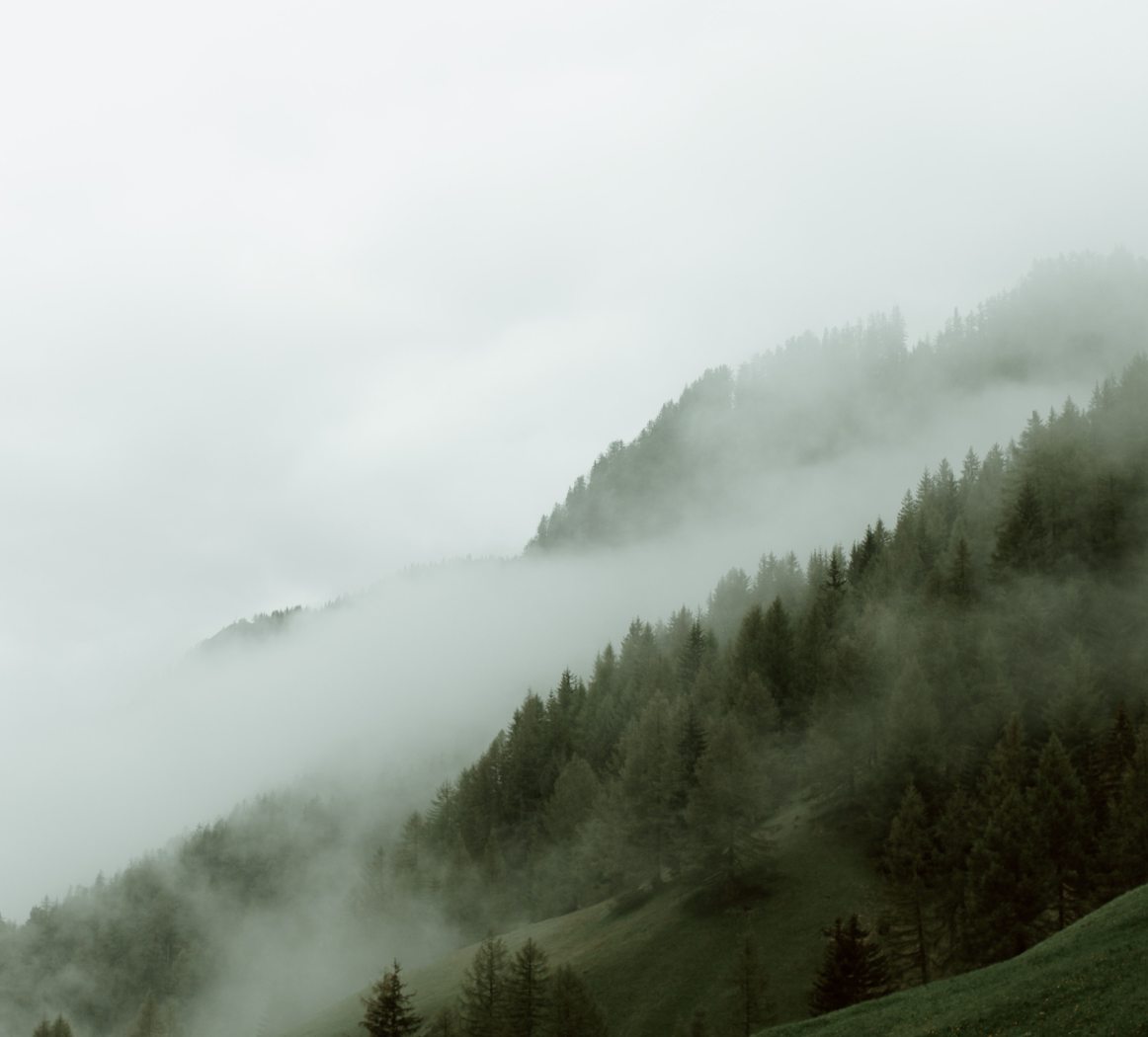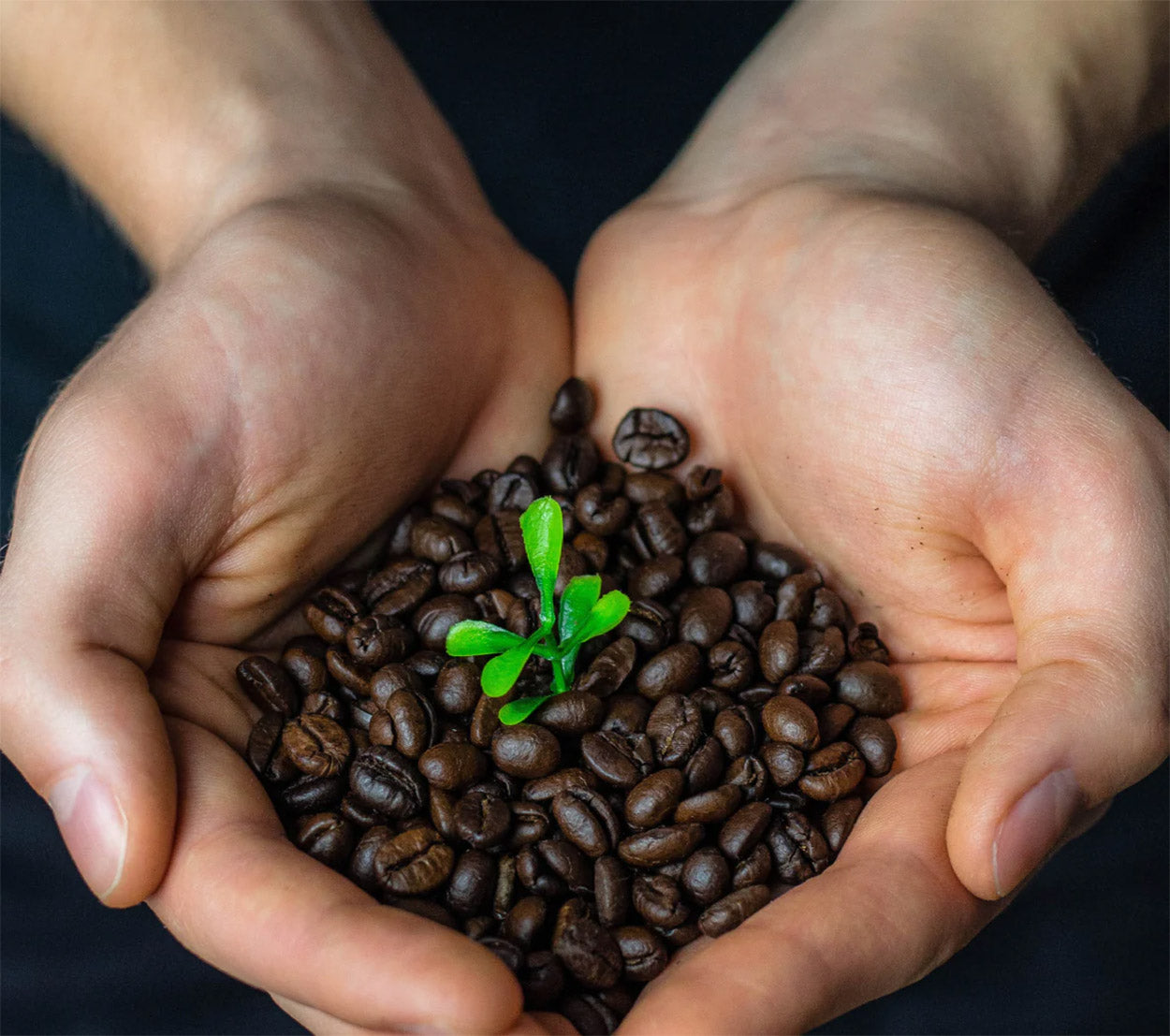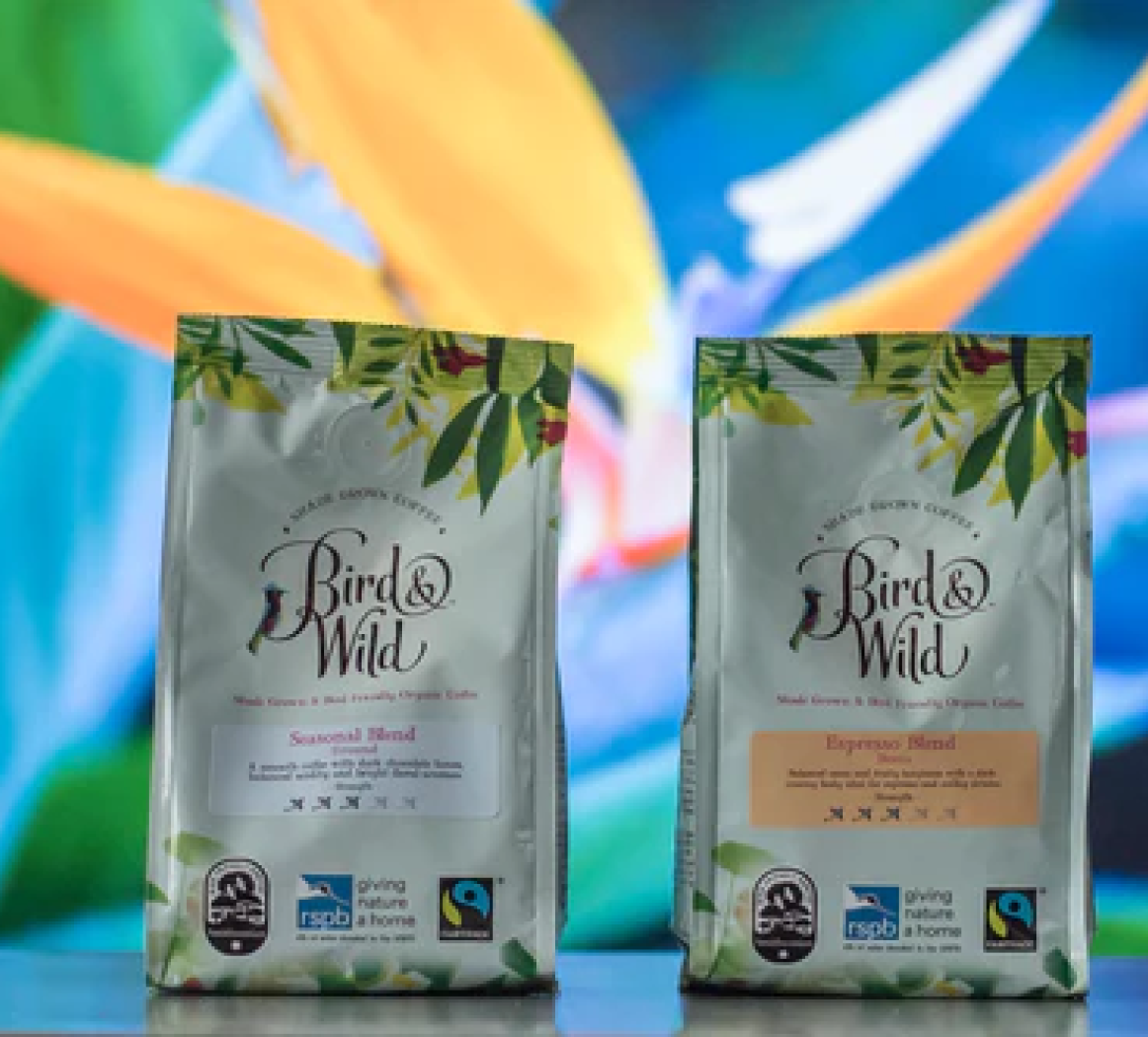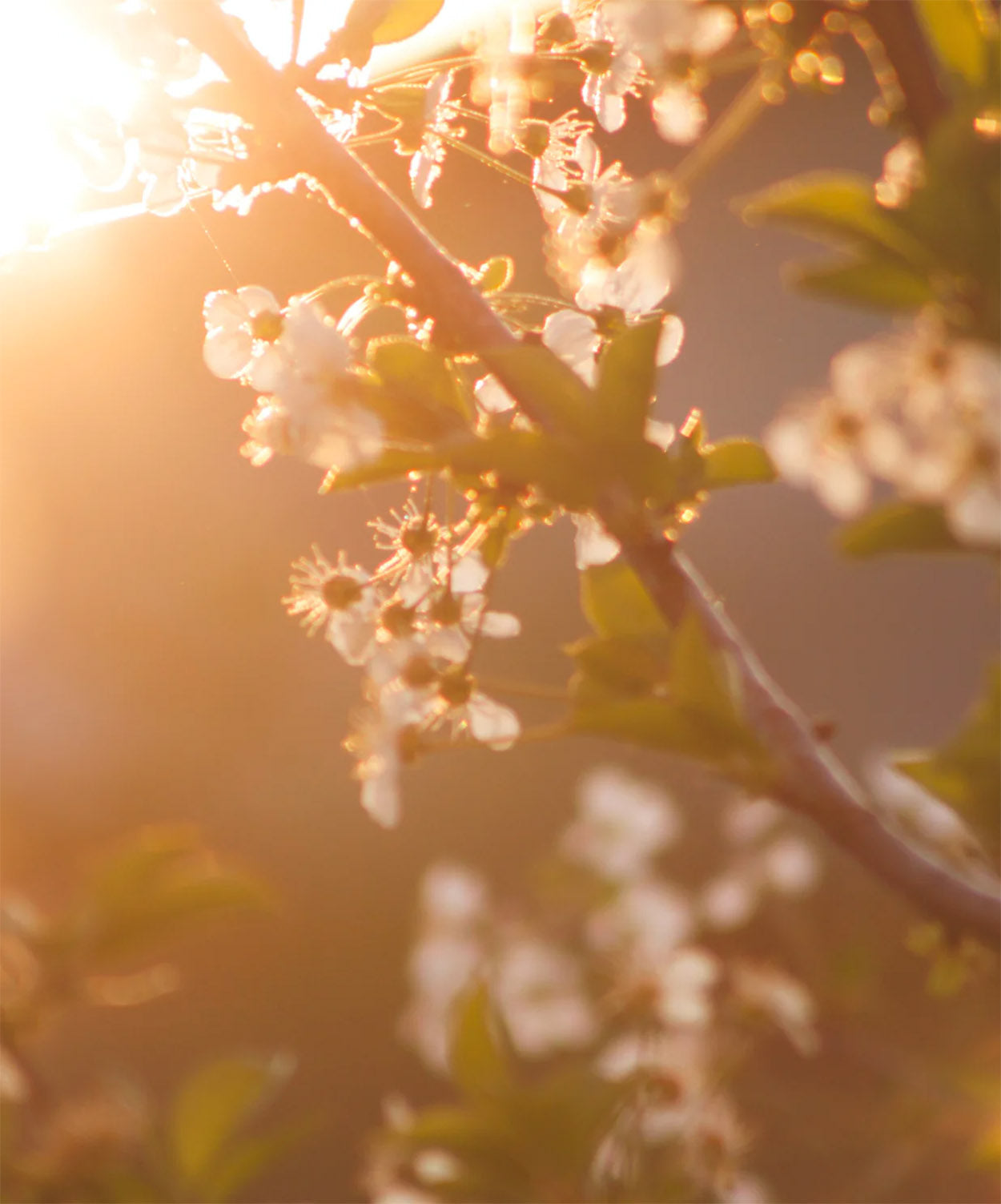
Sun grown coffee
✔ Use chemical fertilisers
Apart from coffee, there is little other plants and trees to absorb water during heavy rains, so the fertilisers are leached out and pollute the water courses. This in turn erodes the soil.
✔ Use chemical pesticides
Pesticides protect the coffee from pests including birds, insects and other animals. This helps increase coffee yields due to a reduction in wastage. Unfortunately, the lack of biodiversity means there’s no food for birds to feed on, so sun grown plantations have almost no biodiversity whatsoever.
✔ Sun grown coffee
The clue is in the name – coffee does not naturally grow in the sun, but when planted in direct sunlight, it grows very fast allowing two harvests a year and higher yields. Unfortunately, the sun burns the soil that is now out into the open and rapidly degrades the soil and increases erosion. Unfortunately, this system destroys the soil health and requires ever greater fertilisers to maintain yields. A viscous circle. Eventually, this soil will no longer be suitable for coffee growing and the coffee farmer will move on – very possibly to virgin land.
✔ Mechanised system with “roads” in between coffee plant rows
Very often rainforest is deforested for high density open planting over huge areas of land – the ultimate industrialised agriculture sytem. The “roads” in between the coffee plant rows are used for machine to mechanically harvest, thereby reducing local employment by up to 90% in some cases.
✔ No other plants
Sun grown coffee plantations are monocultures. This is the most efficient method to maximise yield and profits. This means there is no or little habitat for other animals, including migrating birds, to settle or feed there.
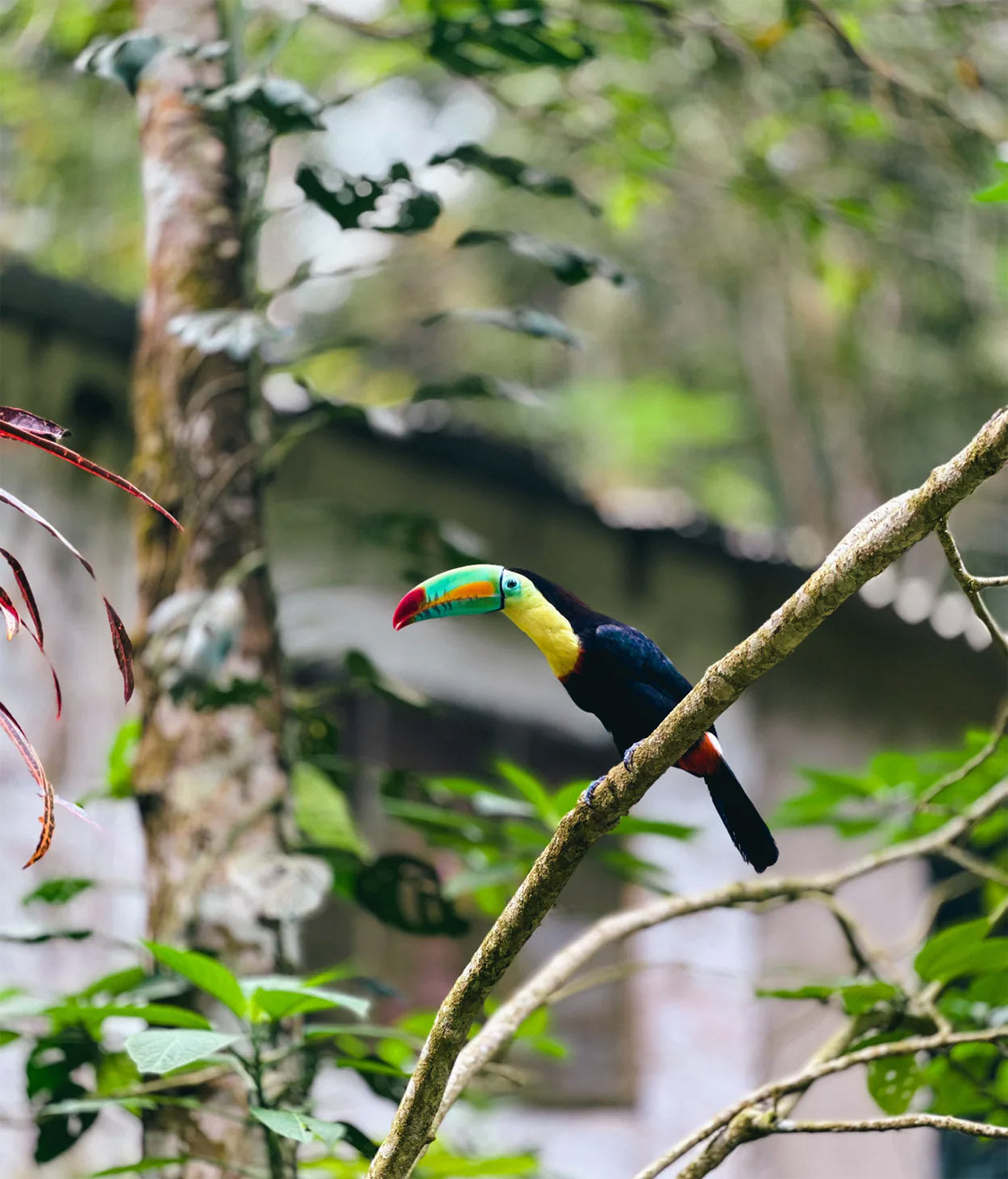
Shade grown coffee
✔ Organic
There are no chemical fertilisers or pesticides used on shade grown bird friendly coffee plantations.This prevents leaching of fertilisers into water courses and allows a rich biodiversity for animals, including birds, to feed on.
✔ Shade Grown
Shade grown land is typically three to four times higher in biodiversity than sun grown coffee plantations!Coffee is grown in the shade of various trees and bushes. Coffee grows naturally in the shade and this is essentially how coffee grows in the wild.This helps protect the land from the burning sun and allows the plantation to flourish for generations without soil degradation or erosion.
✔ Likewise, drainage is improved due to the increased tree cover, which protects leaching of the soil.
✔ Bird Friendly
Shade Grown Bird Friendly coffee plantations are the ideal environment for birds, including migrating birdlife, because there is both habitat and biodiversity for feeding.
Furthermore, these plantations are here for the long term allowing migrating birds to flourish and return year after year.
Coffee naturally flourishes underneath shady canopies of trees at high elevations in tropical and subtropical areas, hence the term, Shade Grown Coffee.
However, most coffee plantations now harvest their beans in sunnier conditions, to speed up production and increase revenue leading to deforestation and a loss of biodiversity. Sun-grown coffee also requires fertilizers, agricultural chemicals, and fungicides, which depletes the nutritional content of the soil.
Because the soil becomes nutrient deficient, this land is unusable for future sun-grown coffee plantations, forcing farmers to move to virgin land. You can only imagine the chaos and destruction this process produces for the many species that rely on the trees and plants as shelter.
Shade Grown coffee, in contrasts, prevents soil erosion, provides a safe-haven for countless animals and doesn’t produce toxic water runoff (from chemical fertilizers, herbicides, insecticides, etc.) that injures or kills wildlife.
Bird & Wild is Certified Shade Grown by the Smithsonian Institute in Washington.
Organic Certification guarantees no use of synthetic pesticides, herbicides, or fertilizers on the coffee plantation. By doing so, this protects farmers, animals, and the surrounding wildlife from these poisonous substances.
Conversely, conventional coffee is allowed to use herbicides, pesticides and fertilizers, which can be harmful to animals, but also kills insects and small animals, which are the main source of food for many animals including birds.
Bird & Wild is Certified Organic by the Soil Association in the UK.
Which brings us to birds! The Bird Friendly Certification is certified by the Smithsonian Institute in Washington to denote protection of migrating birds. That means protecting the environment, ecosystem and biodiversity to sustain migrating bird populations on coffee plantations.
Sadly, as more and more land is converted into sun-grown coffee plantations, migrant songbirds that migrate from North America in the winter months to tropical ecosystems (in Central and South America) are on the decline, but Bird Friendly coffee plantations acts as a haven for migrating birds.
Bird & Wild is Certified Bird Friendly by the Smithsonian Institute in Washington.
Certifications
Our coffee is approved by

